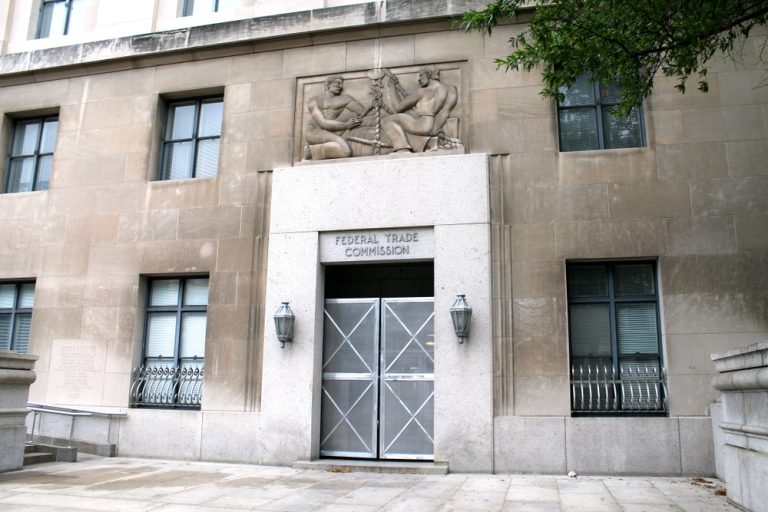Supreme Court Denies First Religious Charter School, Leaves Question Over Constitutionality Unresolved
Supreme Court Denies First Religious Charter School, Leaves Question Over Constitutionality Unresolved
On May 22, 2025, the United States Supreme Court issued a one-sentence order affirming the judgment of the Oklahoma Supreme Court in the consolidated cases of Oklahoma Statewide Charter School Board v. Drummond, and St. Isidore of Seville Catholic Virtual School v. Drummond. This ended an effort to create what would have been the nation’s first religious charter school. Because the Court voted 4-4—Justice Barrett recused herself—the Oklahoma Supreme Court’s ruling remains in place. Given the nature of the Court’s order, it does not set any precedent and leaves an open question of whether a religious charter school could one day be deemed constitutional.
The case concerned whether St. Isidore of Seville Catholic Virtual School would be permitted to operate as a Catholic charter school in Oklahoma, despite its would-be religious nature. Although charter schools in Oklahoma are, like in Florida, generally considered public schools, St. Isidore nonetheless received approval by the statewide charter school board. That decision was challenged by Oklahoma’s Attorney General, Gentner Drummond, before the Oklahoma Supreme Court; the court sided with Drummond, finding the school was a public school and therefore must be non-religious. The Oklahoma Supreme Court determined this was in line with the Oklahoma and federal constitutions, which both prohibit spending public funds for the establishment of a religious institution.
The charter board and school sought direct relief from the United States Supreme Court, arguing the Oklahoma Supreme Court’s decision was a violation of the Free Speech Clause. Drummond argued the opposite, claiming that allowing the school to open would create an Establishment Clause violation. At oral argument, it was difficult to predict what the Court would ultimately do. Those backing the school pointed out the Supreme Court has frequently sided with religious institutions who challenged public programs that provided benefits to secular, but not religious, groups. However, Chief Justice Roberts was quick to note that those programs “involved fairly discrete state involvement,” whereas what was being proposed by the school seemed “a much more comprehensive involvement.”
The Court’s order does not say which justices were in favor of the school versus which were opposed; it also remains unknown where Justice Barrett would have come down on the issue. And because the Court deadlocked, it leaves unresolved the question of whether a religious charter school would be considered a state actor, and if so, whether this would create an Establishment Clause violation. While the Oklahoma Supreme Court’s decision binds St. Isidore and the rest of the Sooner State, neither that decision nor the Supreme Court’s has any binding effect on the other 49 states, including Florida. If there is anything to be gleaned from the Court’s decision, it is that this fight is likely not over, and it seems only a matter of time before another religious school presses to get this issue before the Supreme Court once more.









